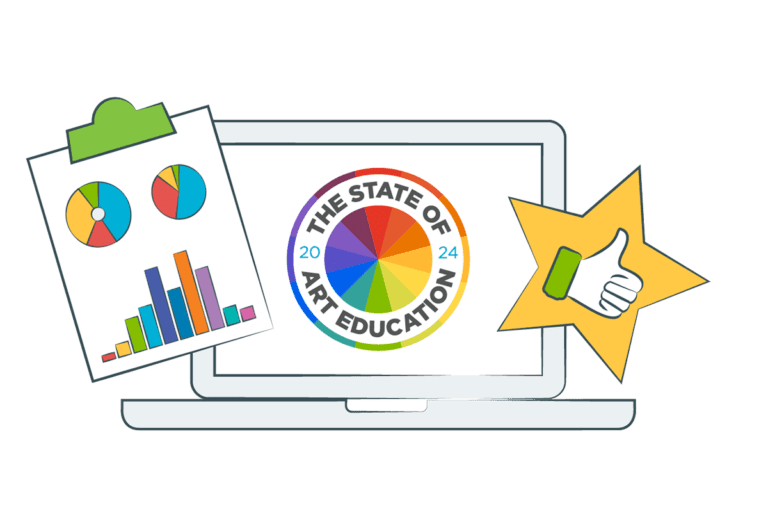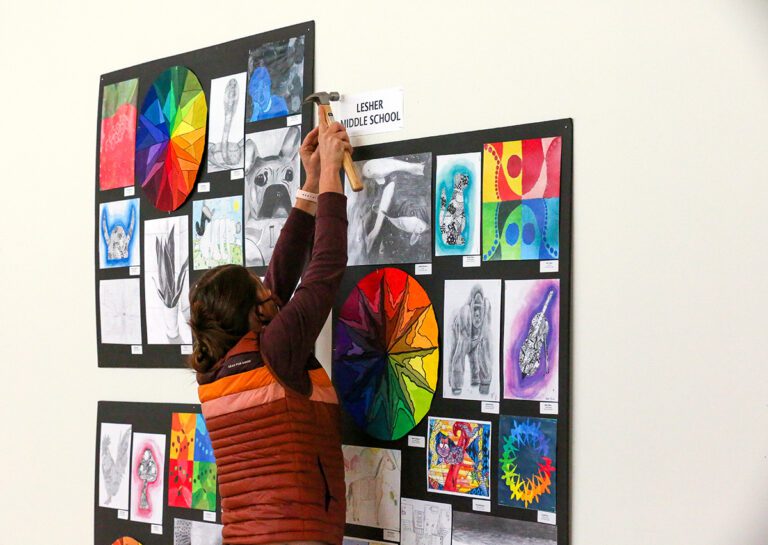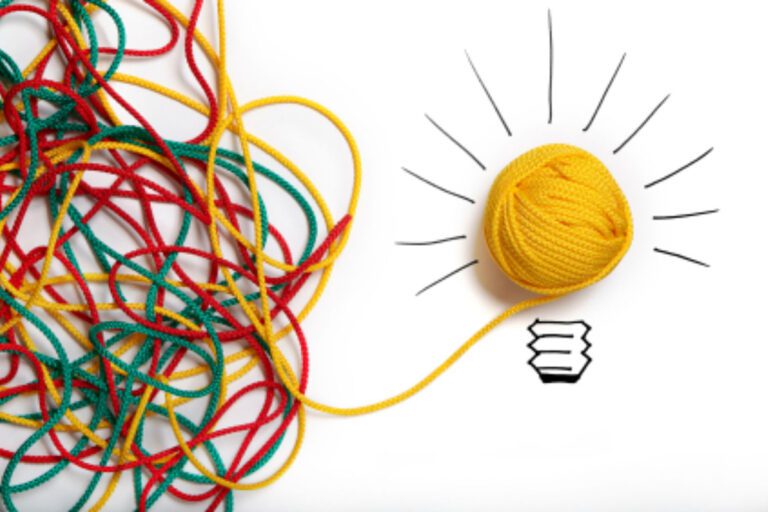Can any adult become an artist? Can anyone learn how to draw?
If you are like most art teachers, these question have a very passionate answer…YES! YES! YES! I believe that every student has artistic potential and that art skills can undoubtedly be taught. They may come more naturally to some, but that is the case with any skill. Teaching these skills is the purpose behind our jobs, right? (I mean, along with creative thinking, artistic interpretation, cross-curricular connections, empathy, problem-solving, etc.) I bring up this very passionate and sometimes downright emotional subject for two reasons.

I want to discuss a pet peeve of mine. It has to do with non-art teachers. Have you ever heard other teachers say things to their students like, “I can’t draw a straight line,” or “I only draw stick people.,” or “I can’t draw that and I don’t think you can draw that either.” It is enough to make me want to pull out my hair! You would never hear a teacher say, “Math is hard.” (Didn’t Barbie get into pretty deep trouble for that one?) Or “I don’t like to read” or “I can’t understand science.”
Why is this such a double standard?
The answer is it shouldn’t be, but most likely the other teachers in your building are unaware of what they are doing to your program and your credibility as a teacher. Which leads me to my next item.
It is up to you to educate your colleagues.
Several years ago I was asked to present at a faculty meeting about the art department, curriculum, etc. At first, I was kind of shocked and intimidated, but then I saw this opportunity for what is was. I was always asking students and teachers what they were working on in their classrooms, this was my opportunity to make teachers aware of what is happening in mine and how they can support me! Novel idea, right? I put together a short presentation that included images, statistics and short clips of students working in art. To set the mood, I included this short advocacy commercial from Americans For The Arts. Check it out below!
Not to brag, but you could hear a pin drop during my presentation. They were fascinated! I ended the program by listing what they could do to support me and included a bit about how important it is to discuss art skills in a positive and supporting light with students.
This is the essence of art advocacy. Spreading the word from the ground up!
Is every child really an artist? Can you teach anyone how to draw?
How do you educate your colleagues about the importance of art education?
Magazine articles and podcasts are opinions of professional education contributors and do not necessarily represent the position of the Art of Education University (AOEU) or its academic offerings. Contributors use terms in the way they are most often talked about in the scope of their educational experiences.




